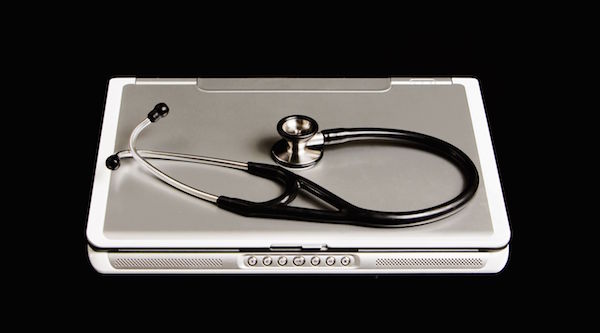
SUNDAY, April 7 (HealthDay News) — Your blood may be able to “smell” that fresh coffee or cinnamon bun, a new study suggests.
Scientists have found that blood cells have the same receptors for sensing smells as the nose, and they said there is increasing evidence that these odor receptors are also present in the heart, lungs and other parts of the body.
The surprising findings, presented April 7 at an American Chemical Society meeting in New Orleans, suggest that odors may play a far more important role in life than previously believed.
“Our team recently discovered that blood cells — not only cells in the nose — have odorant receptors,” Peter Schieberle, an expert on food chemistry and technology at the Technical University of Munich in Germany, said in a society news release.
“In the nose, these so-called receptors sense substances called odorants and translate them into an aroma that we interpret as pleasing or not pleasing in the brain,” Schieberle said. “But, surprisingly, there is growing evidence that also the heart, the lungs and many other non-olfactory organs have these receptors.
“Once a food is eaten, its components move from the stomach into the bloodstream,” he added. “But does this mean that, for instance, the heart ‘smells’ the steak you just ate? We don’t know the answer to that question.”
In one of their experiments, the researchers put an attractant odorant compound on one side of a chamber and blood cells on the other side. The blood cells moved toward the odor.
“Once odor components are inside the body, however, it is unclear whether they are functioning in the same way as they do in the nose,” Schieberle said. “But we would like to find out.”
Data and conclusions presented at meetings typically are considered preliminary until published in a peer-reviewed medical journal.
More information
The Howard Hughes Medical Institute has more about odors.

